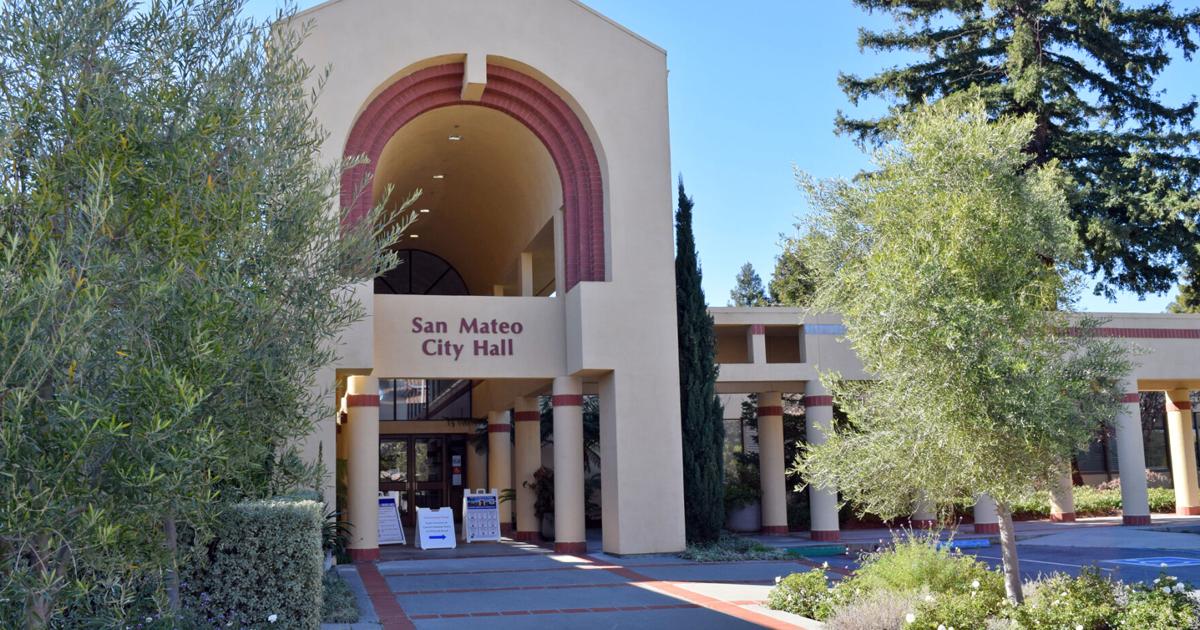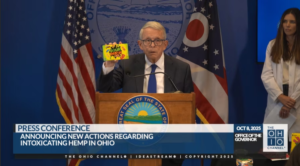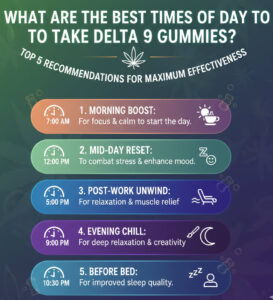The San Mateo City Council plans to reshuffle some of its highest priorities, delaying some initiatives like retail cannabis operations and focusing on others such as food truck regulations and expanding senior programs.
The city’s priority list is developed and finalized during the first half of the year and is categorized into short-term — within one year — to medium- and long-term goals.
About 40 priorities were included in this year’s list — which will be adopted in June — and ranged from environmental goals, like establishing decarbonization policies, to conducting speed surveys and strengthening wage theft protections.
One of the short-term priorities was to explore retail cannabis operations downtown, however, the council decided to hold off on the item in favor of expanding senior programming, including at the Martin Luther King Center and Beresford Senior Center.
“I think we really need to examine what we are doing for our seniors. They are our fastest-growing demographic in San Mateo, and I want to make sure that one, they have a welcoming spot … and also two, that we can provide some kind of support should we lose larger funding,” Councilmember Danielle Cwirko-Godycki said. “I’d love to see this one fast-tracked and reprioritized.”
But some of the most pressing concerns raised by the council revolved around food truck vendors and oversized vehicle parking policies, such as recreational vehicles. The city already has an ordinance in place for the latter, which prohibits sleeping in vehicles but it currently isn’t enforced.
San Mateo resident Kevin Simpson said he has lived across the street from food trucks and is concerned from both a traffic and public health perspective.
“We got double parking, horn blowing and a bicyclist got hit there because he was trying to get around cars double parked,” Simpson said during public comment. “These things also pose a health hazard. … We really need to get our hands around it because it’s a lot more insidious and it just seems like it’s mushrooming.”
Councilmember Nicole Fernandez said even though mobile vending is a critical business and income path for residents, there are also concerns from a safety and health perspective.
“This is an issue that is ongoing in my district. It’s in all parts of the city, but in North Central it seems to be particularly acute,” she said.
Unlike the RV ordinance, there is not much regulation around food trucks that the police department can enforce.
“Other than simply being required to pay a business tax, there is no criminal enforcement that the police department can undertake other than … typical parking regulations that any other vehicle would have to follow,” Police Chief Ed Barberini said.
The City Council will also have a longer discussion about both food truck policies and RV enforcement over the next several months.












